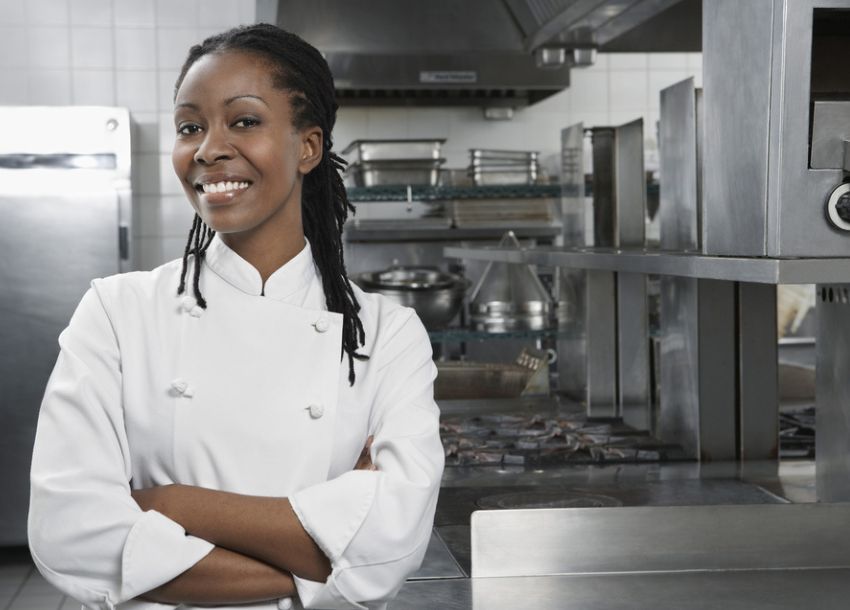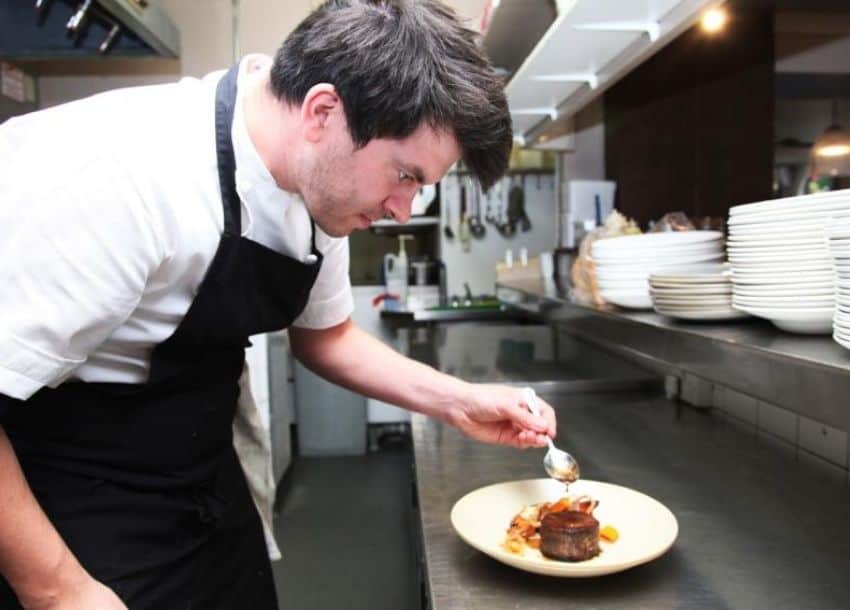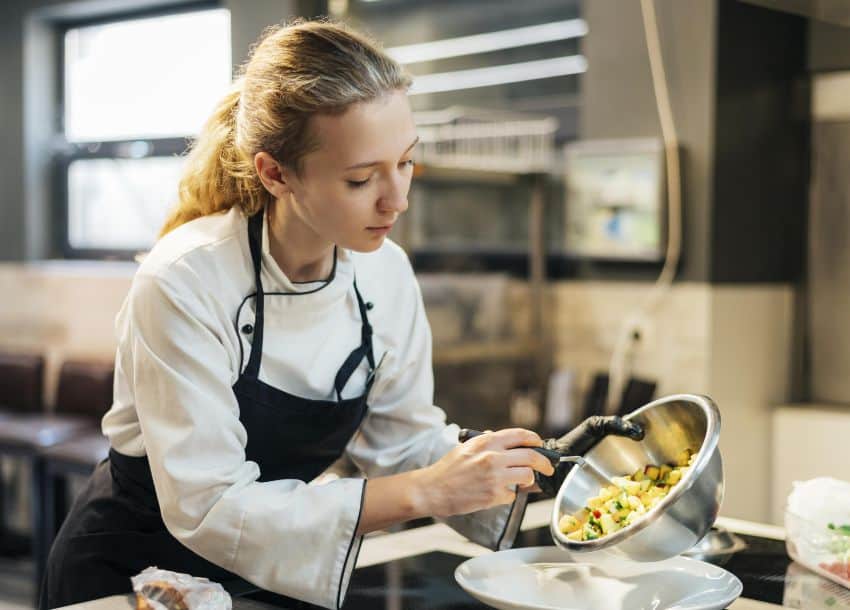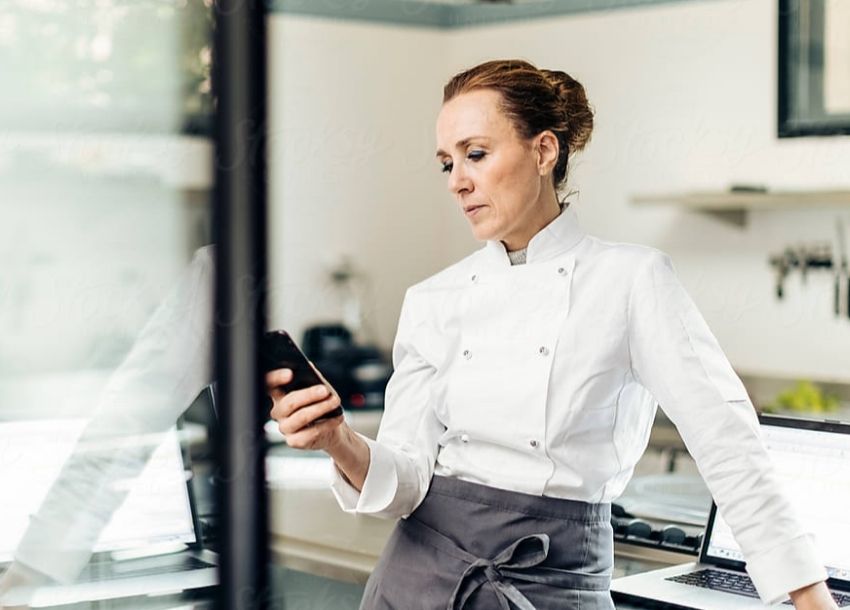How to Write the Perfect Chef CV (with Examples & Tips)
- Job Hunting & CVs
- Aug 24
- Share post

In the culinary world, a chef CV is more than a document – it’s your story. Whether you’re starting out, stepping up, or sharpening your professional edge, a well-crafted chef CV can open doors.
This guide shows you how to write a chef CV that gets noticed, gets interviews, and gets results.
Start with your professional experience
This is the heart of your chef CV. Use it to tell your culinary journey – where you’ve worked, what you did, and how you grew.
For each role:
- Include your job title, venue and dates.
- Highlight cuisines, menus, or techniques you used.
- Note the size of kitchen or brigade.
- Mention standout achievements (e.g. “designed seasonal tasting menu” or “reduced prep wastage by 20%”).
Employers want to see progression, passion and purpose.
Culinary education and certifications
Even in kitchens where experience matters more than paper, your training still counts. List:
- Culinary school or course (e.g. NVQ, Cert III, Diplomas).
- Food safety qualifications.
- Specialty training (butchery, pastry, dietary/allergen training).
Tip: If you’re entry-level or making a career change, this section matters even more. A clear chef CV with food safety certificates can often get you through the door faster than experience alone.
Chef CV: Highlight your skills and strengths
This section answers the question: what can you bring to my kitchen?
Split your skills into clear, skimmable areas like:
- Cooking styles: grill, pastry, pasta, sauces.
- Service types: à la carte, banquets, buffet, tasting menu.
- Leadership: team training, section management, rota planning.
- Tech and systems: ordering platforms, digital kitchen systems.
Be specific. “Fast, clean, and consistent” beats “hardworking and passionate.”
Add awards, reviews or recognition
If you’ve received awards or positive reviews – include them. For example:
- Chef of the Month/Year awards.
- Menu mentions in reviews (TripAdvisor, Google, industry publications).
- Competition results.
It’s not about bragging – it’s about backing yourself. Employers want proof of credibility.
Include your culinary philosophy
This isn’t essential – but it helps. Just 2–3 lines explaining:
- What motivates you in the kitchen.
- Your food style or influences.
- The kind of kitchen culture you thrive in.
You can weave this into a personal statement at the top of your chef CV or add it near the end.

Show your problem-solving skills
Kitchens get messy – literally and figuratively. Employers want chefs who can stay calm under pressure.
Give examples of how you’ve:
- Handled last-minute menu changes.
- Managed short staffing or service delays.
- Dealt with supply chain or delivery issues.
Pro move: Use a subheading like “Resilience in the Kitchen” to make this stand out.
Chef CV: Don’t forget the basics
Your chef CV should always be: 1–2 pages max (unless you’re exec level).
- Simple, clean, and professionally laid out.
- Saved as a PDF (unless asked for Word).
- Tailored to each role you apply for.
Top Tip: Use a simple, modern font. Skip clipart. Make your role titles bold to guide the reader’s eye.
Extra tips to make your Chef CV stand out
These small touches make a big difference:
- Chef CV with no experience: Focus on transferable skills (teamwork, stamina, service speed) and any training or volunteer kitchen experience.
- Head Chef CV examples: For senior roles, emphasise leadership, menu development and financial control as much as cooking ability.
- Chef CV format: Stick to reverse chronological order. Recruiters scan from most recent backwards.
- Chef CV template: Keep one master copy, then tailor it for each role by adjusting skills and highlights to match the job description.
Final thoughts
Your chef CV is your first dish in front of an employer. Make it clear, make it proud, and make it you.
–
FAQs – Chef CVs
What should a chef put on a CV?
Focus on kitchen experience, certifications, specialist skills and your ability to thrive in pressure environments. Awards and reviews add extra impact. For further information check out these posts: How to Write a Commis Chef CV and How to Write a Standout Pastry Chef CV.
How long should a chef CV be?
One page if you’re early in your career; two pages max for senior roles. Keep it tight and relevant.
Do I need to include a personal statement?
It’s optional, but a short 2–3 line statement can set the tone and help you stand out from the pile.
Should I list references on my chef CV?
No need. Simply write “References available on request.” Be ready with names and contacts if asked.
What if I have no experience as a chef?
Highlight transferable skills (teamwork, time management, customer service). Mention any culinary training, internships, or volunteer kitchen shifts.
You might also find these useful:
Comments
Add a comment
Leave a Reply · Cancel reply
You must be logged in to post a comment.



